With his trial on two counts of contempt of Congress set to begin on Monday, July 18, Trump ally, Steve Bannon, who is no stranger to being in hot legal waters, appears increasingly nervous about his prospects. He faces up to two years in prison and hundreds of thousands of dollars in fines should a jury convict him on both counts.
That is likely why he threw a Hail Mary a week ago, late on a Saturday night, hoping to defang the prosecution’s case before the trial even starts. It failed to score him any points with the judge.
Bannon offered, after 9 months of stonewalling, to testify before the January 6 Committee, preferably live and in public. (The Committee, being no fools, would permit only private, on-the-record testimony first from Bannon.)
According to a scoop by The Guardian, which obtained a copy of his email to the Committee, Bannon restated his claim that he was unable to testify before because Trump had asserted executive privilege over his testimony, but now apparently has changed his mind.
Bannon’s email attached a letter Trump allegedly sent to him that Bannon claims shows Trump has “waived” the executive privilege (amidst a torrent of attacks upon the legitimacy and conduct of the Committee) and, therefore, Bannon is finally free to testify.
There are so many issues with this that it’s hard to know where to begin, but let’s break this down.
Bannon Cannot Raise His Last Minute Offer as a Defense to Contempt Charges
As the Justice Department noted in an emergency midnight filing in response to the email, Bannon’s 11th hour offer to testify did not change the fact that he was in contempt of Congress starting in October of 2021. The Department therefore moved to exclude any evidence of this offer from trial as wholly irrelevant.
“The criminal contempt statute is not intended to procure compliance, it is intended to punish past noncompliance,” prosecutors pointed out in their papers. The timing of Bannon’s move, 10 days before his trial is set to begin, was merely a ploy because “the only thing that has really changed since he refused to comply with the subpoena in October 2021, is that he is finally about to face the consequences of his decision to default.”
The Department added, “[T]he Defendant’s sudden wish to testify is not a genuine effort to meet his obligations but a last-ditch attempt to avoid accountability.”
On Monday Judge Nichols largely agreed, ruling against Bannon on all the pending motions.
Later in the week, during a hearing on Thursday, the judge left only a small crack open for Bannon, saying that he will have to decide whether he will let the jury hear about his later offer to cooperate if Bannon’s lawyers can somehow show that the evidence is relevant to the testimony of the Department’s government witnesses.
Trump Never Asserted Executive Privilege in the First Place
Judge Nichols also ruled that Bannon would not be permitted during trial to argue that executive privilege somehow excused his decision to completely defy the select committee subpoena. The ruling tracks the actual evidence closely.
Notwithstanding Bannon’s insistent claims, the record shows that former president Trump never actually asserted blanket executive privilege over Bannon’s testimony and documents.
This makes sense because 1) Bannon wasn’t even a White House employee at the time in question, and 2) many of the documents requested had nothing to do with communications to or from the former president.
Bannon was at least required to produce documents that had no connection to the former president, yet he failed to produce anything at all.
Moreover, on June 29, 2022, the Department actually interviewed the Trump attorney, Justin Clark, whom Bannon claimed had conveyed Trump’s wishes to assert the privilege. Clark told the Department that he “never invoked executive privilege over any particular information or materials” and that Bannon’s lawyer Robert Costello had “misrepresented to the committee what the former president’s counsel had told the defendant.”
That’s a juicy tidbit we’ve never heard before. And it has led to some interesting developments.
Costello Is Now a Witness and Has Asked to Withdraw from the Case
If Bannon’s lawyer Costello made things up when representing to the Committee why Bannon was refusing to comply with its subpoena, that makes him a witness, and perhaps even a party, to the crime of contempt of Congress. For this reason, and perhaps so he can testify on behalf of Bannon, Costello filed a motion to withdraw as counsel of record.
The claim of “executive privilege” swirls around a letter dated October 6, 2021 from Trump’s lawyer, Clark to Costello. In that letter, Bannon was instructed to invoke “where appropriate” any privileges and immunities he may have and to not produce any documents or provide any testimony concerning privileged communications or materials.
That is something of a legal punt because as a matter of course you shouldn’t produce anything that is privileged or covered under immunity. But there is nothing in the letter from Trump’s counsel suggesting that Bannon should simply refuse to comply in any way with the subpoena.
As Trump’s lawyer Clark told prosecutors, he had made clear to Costello that the letter had in fact “provided no basis for total noncompliance.”
That position is supported by a series of emails in which Clark wrote to Costello:
"Just to reiterate, our letter referenced below didn’t indicate that we believe there is immunity from testimony for your client."
"As I indicated to you the other day, we don’t believe there is."
"Now, you may have a different determination. That is entirely your call."
Nonetheless, Costello misrepresented to the Committee that Trump had “exercised executive privilege and had instructed his client not to produce documents or testify until the issue of executive privilege is resolved.”
We can see from the letter that this instruction never happened, and to boot, Clark had made that abundantly clear to Costello in his emails.
The Fight Over the Advice of Counsel Defense
Bannon wanted this misrepresentation to the Committee to play out as part of the main case, but he likely won’t get that wish. Bannon wanted to claim that he was simply following the advice of his lawyer, Costello, who in turn will claim that Clark told him Trump was asserting the privilege.
But nothing in the letter of October 6, 2021 supports that claim, and the subsequent emails affirmatively disprove that.
Federal prosecutors asked Judge Nichols to bar Bannon from advancing the advice of counsel defense, which they consider to be an attempt to shoehorn a “mistake of law” defense into the case. Prosecutors argued that what Bannon’s lawyer Costello said to him is irrelevant and won’t be presented at trial, and thus won’t come into evidence anyway.
Once again, Nichols agreed with the Department, leaving Bannon’s lawyer to ask the court aloud, “What's the point of going to trial here if there is no defense?"
But even if Bannon were able during trial to convince Judge Nichols to reconsider and allow such evidence (which would also waive attorney-client privileges over Bannon’s communications with his lawyer), it’s not likely to serve him. This is because, as the common saying goes, “ignorance of the law is no defense.”
While that’s not technically always true, it would seem to apply here. There is no question that Bannon intended to do the act in question, that is, to defy the subpoena with total noncompliance.
The fact that he claims he was ignorant that this would break the law—a highly dubious claim—is of no legal consequence, no matter who told him otherwise.

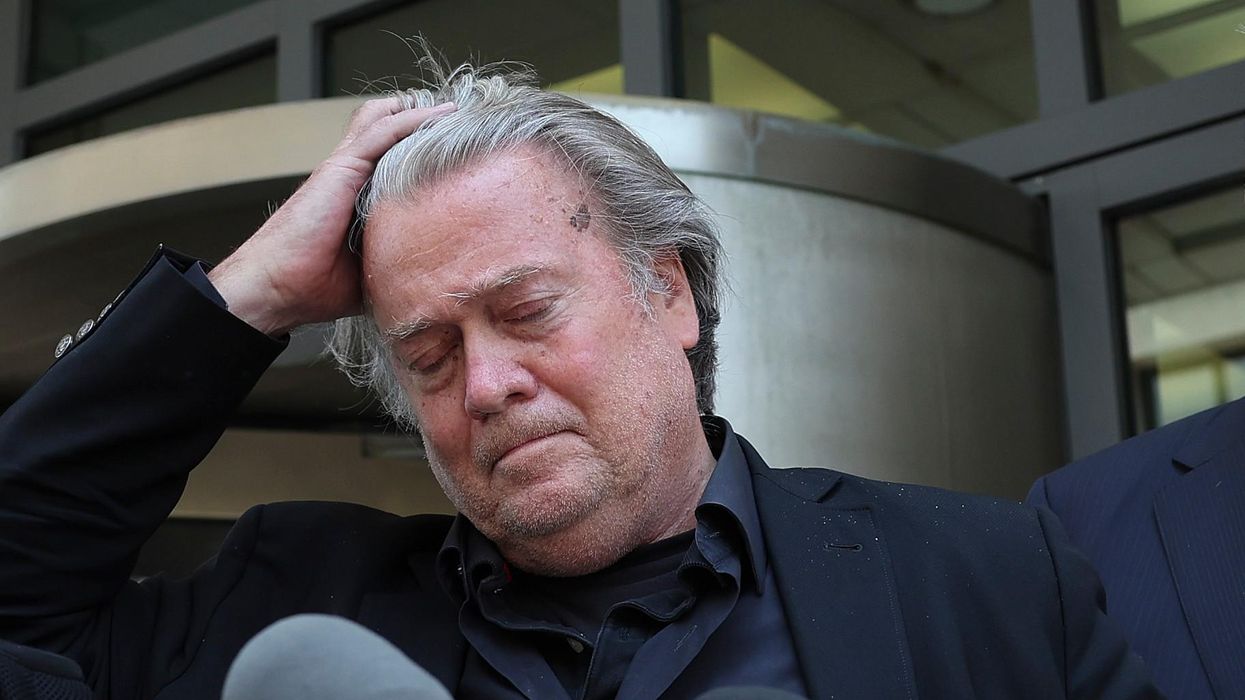
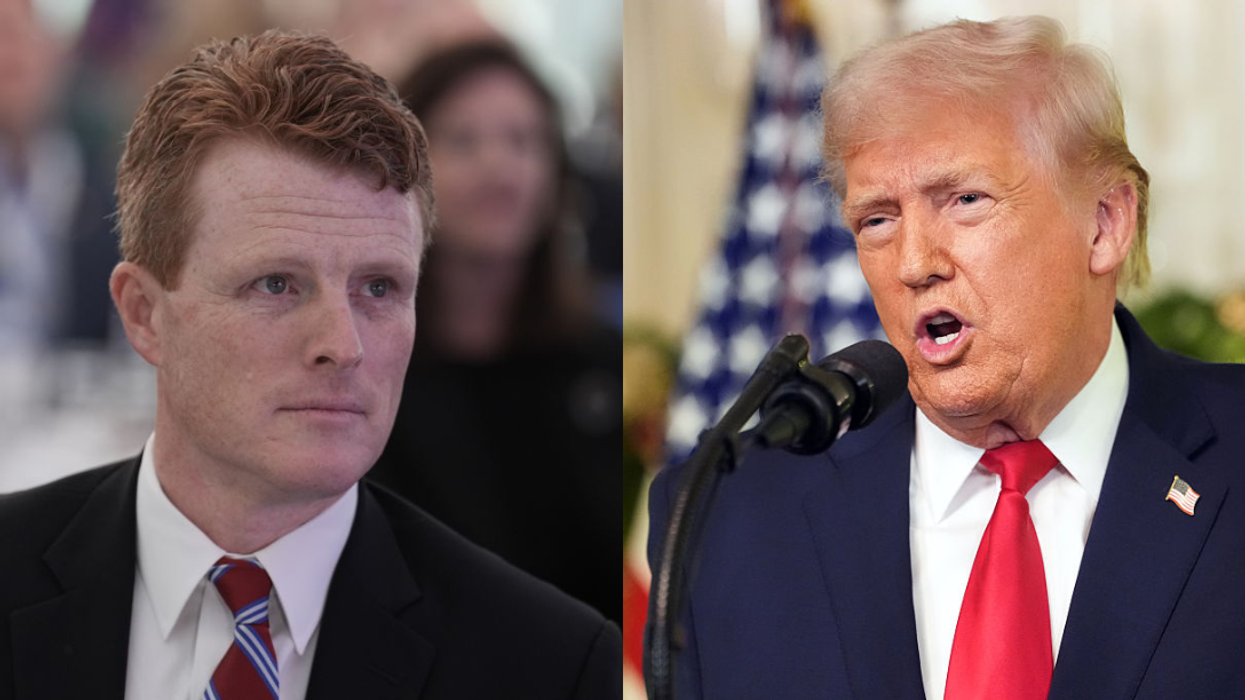
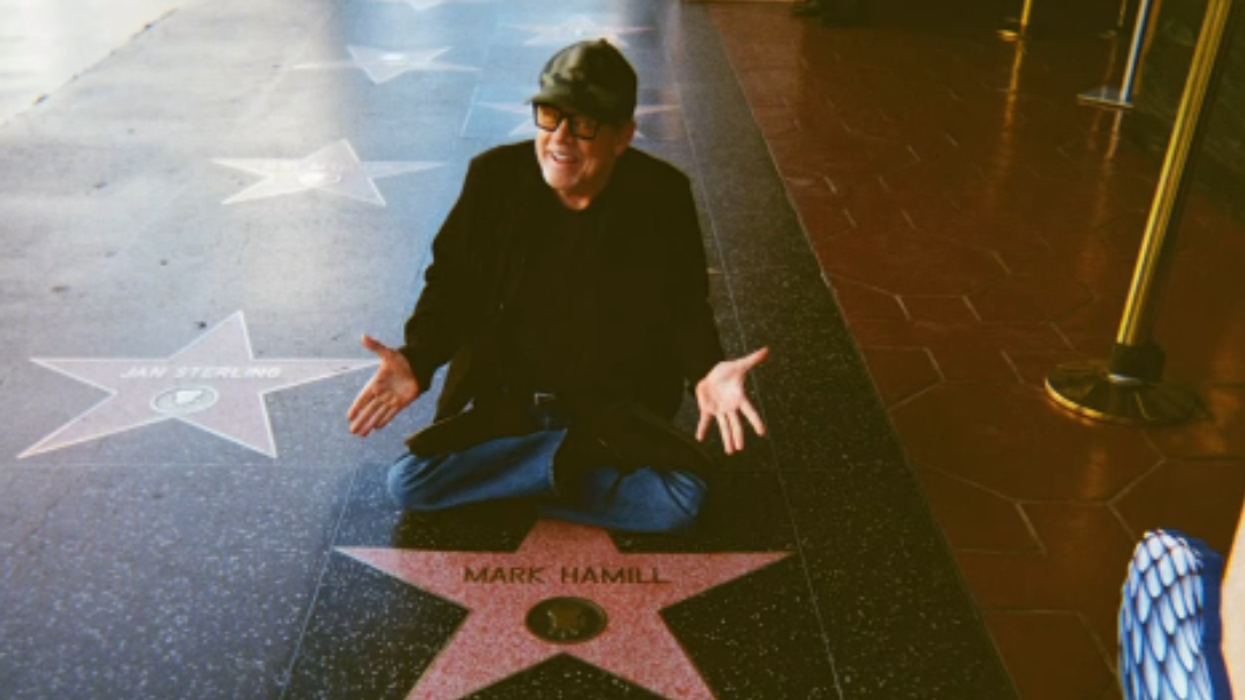
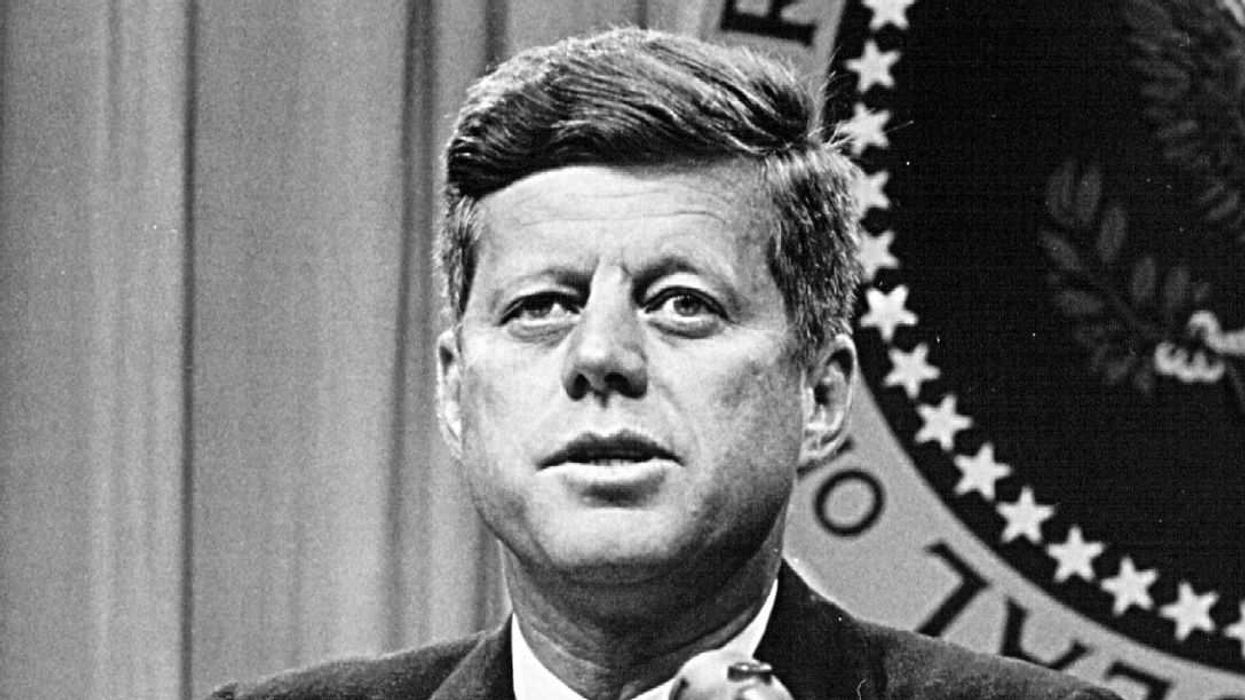
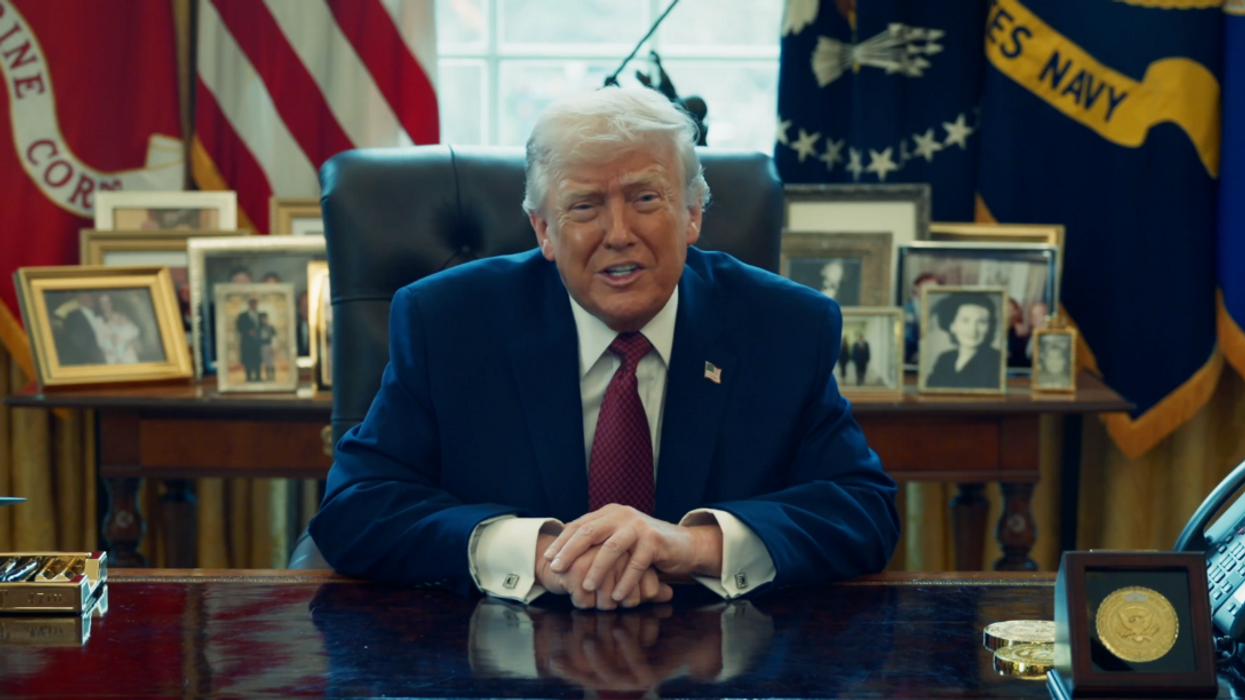
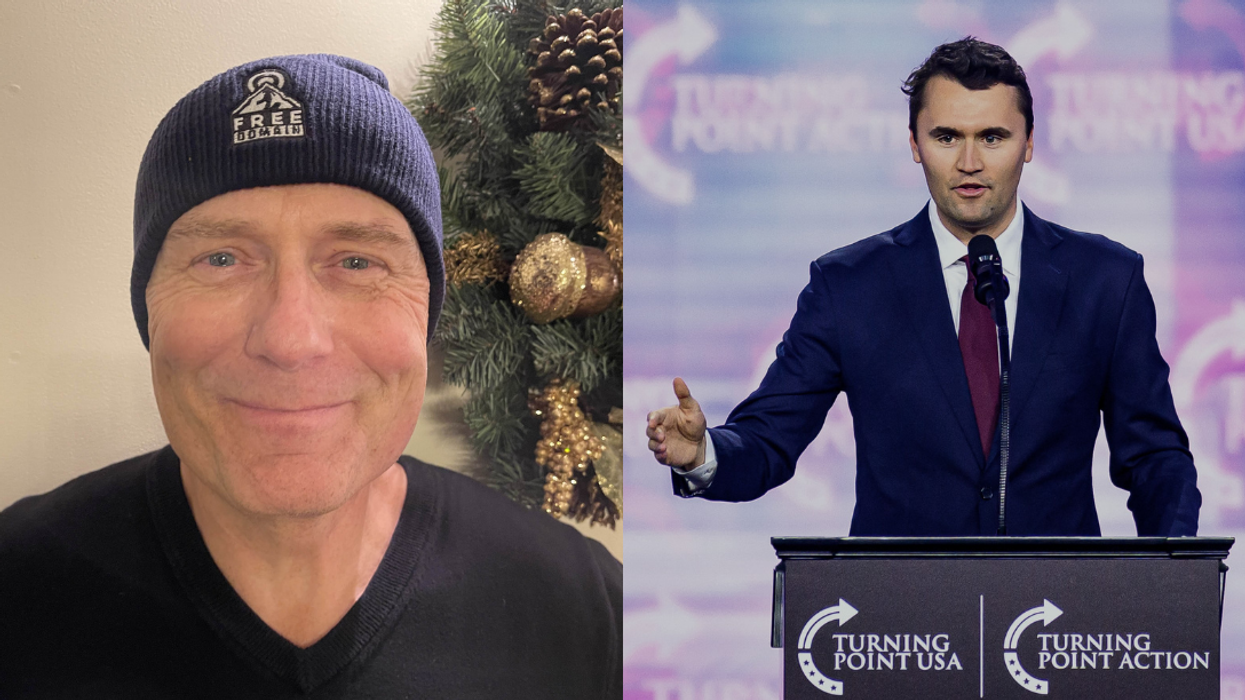
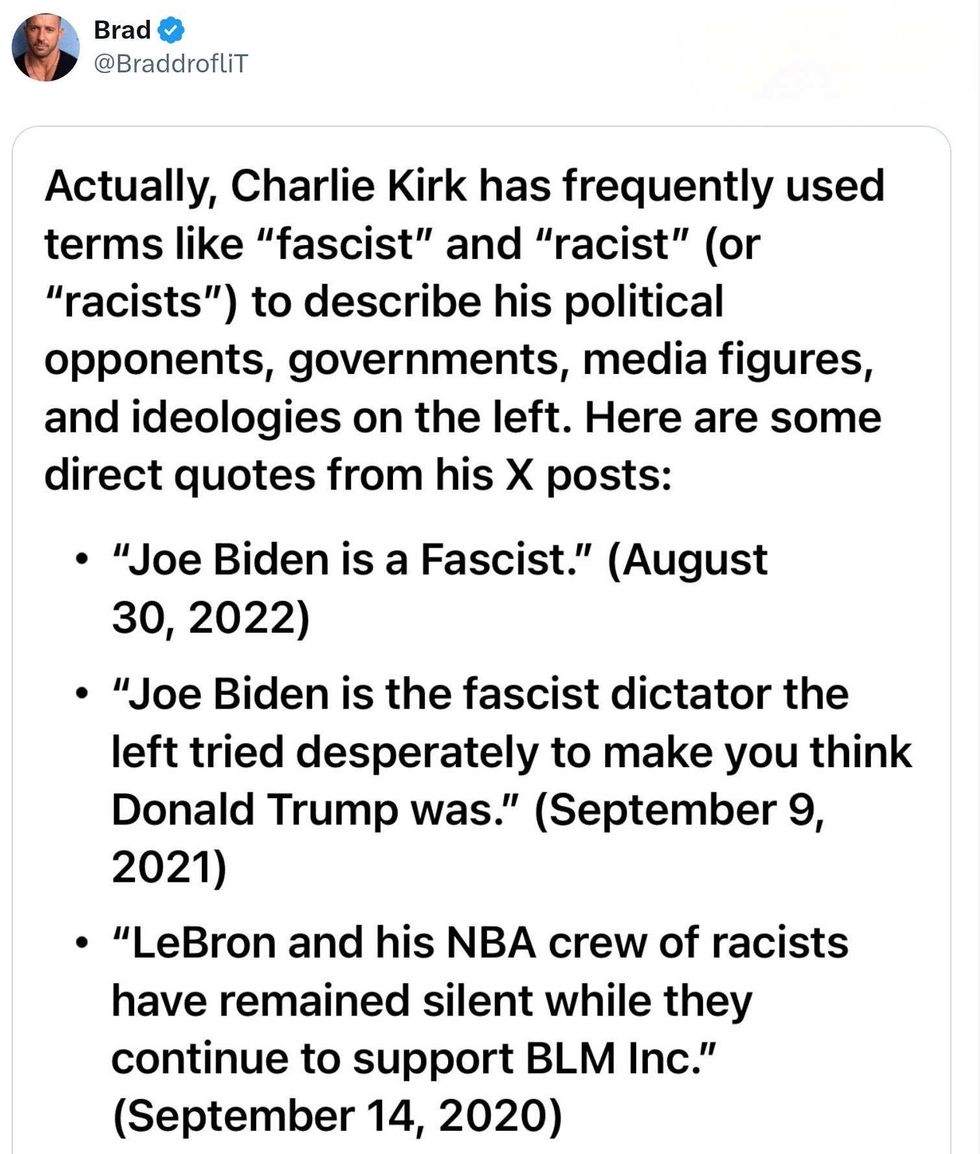
 Replying to @StefanMolyneux/X
Replying to @StefanMolyneux/X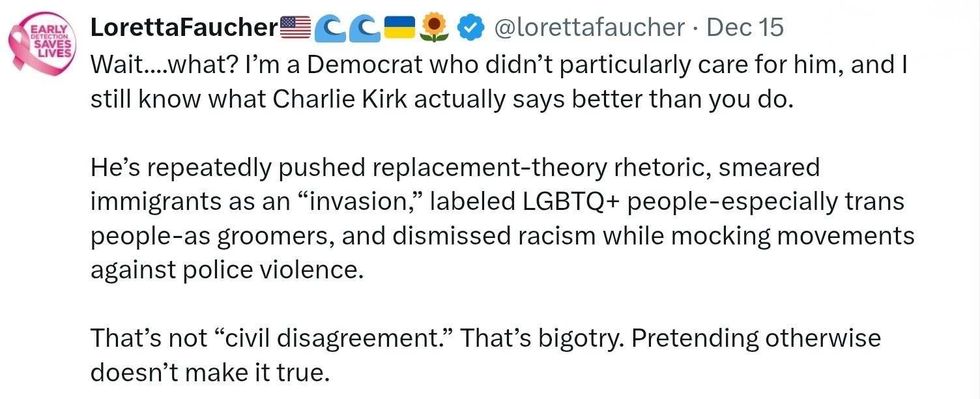 Replying to @StefanMolyneux/X
Replying to @StefanMolyneux/X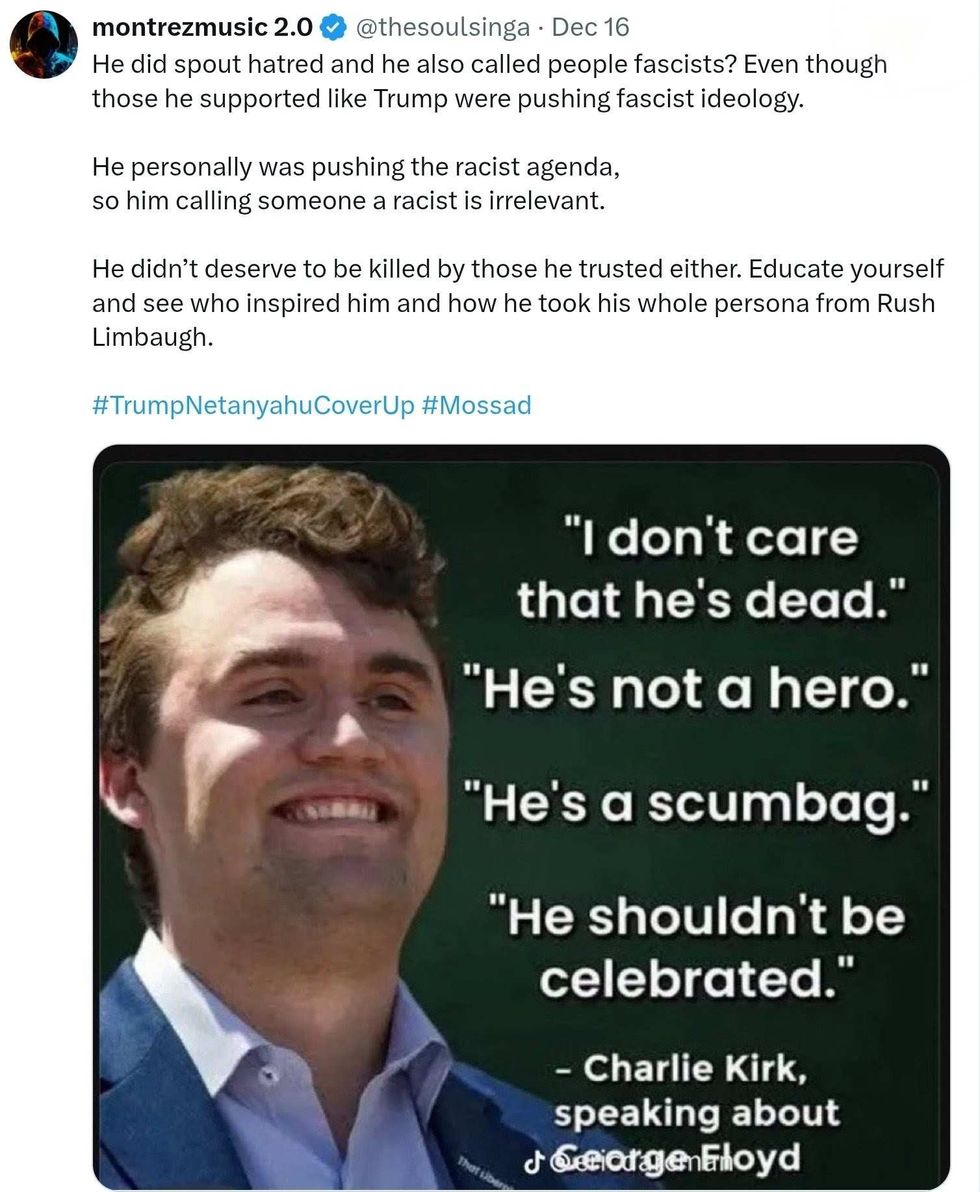 Replying to @StefanMolyneux/X
Replying to @StefanMolyneux/X Replying to @StefanMolyneux/X
Replying to @StefanMolyneux/X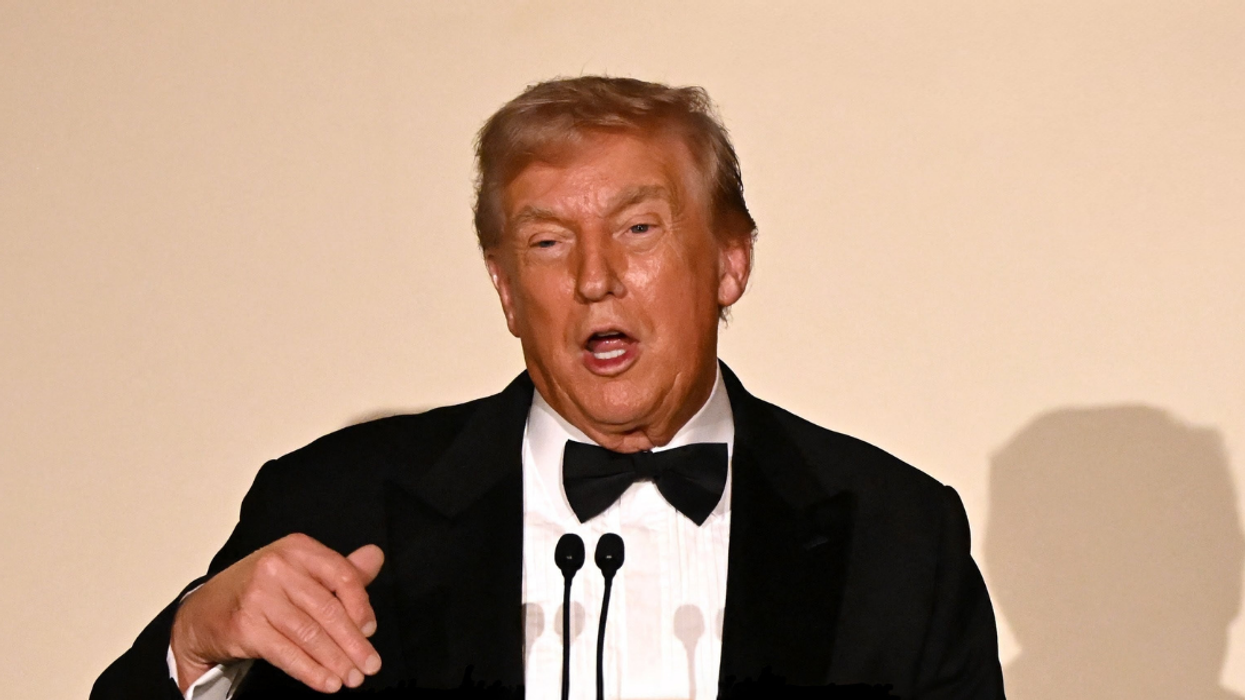
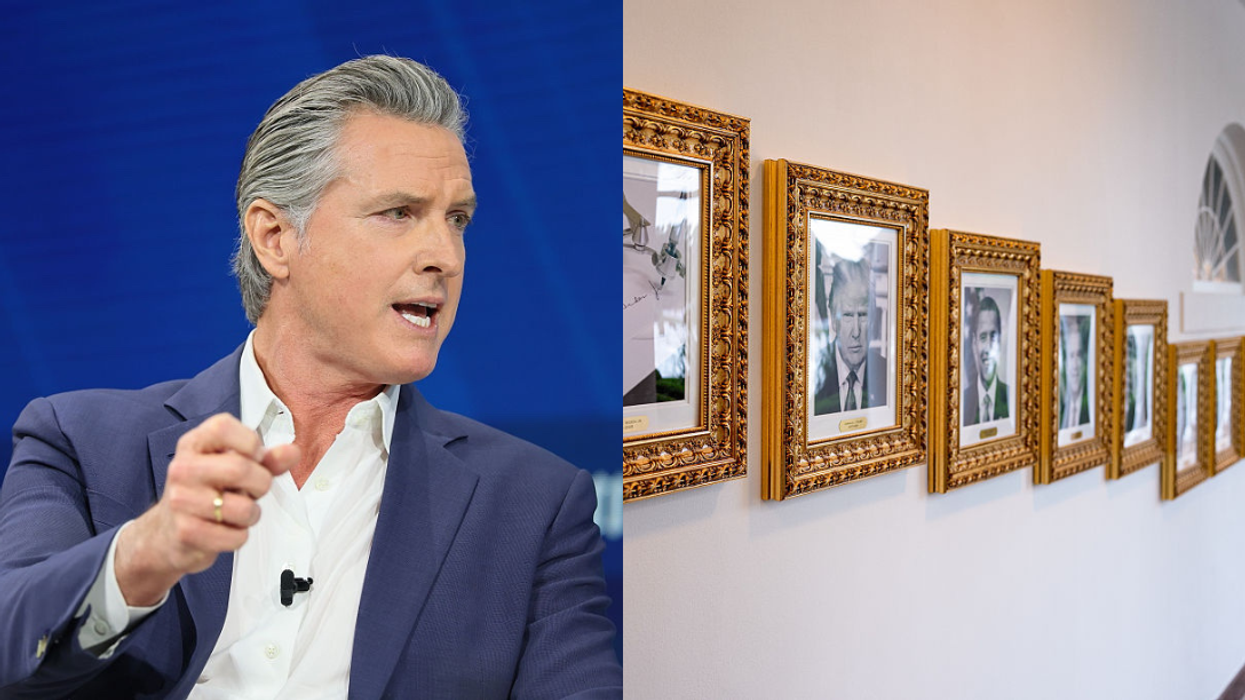
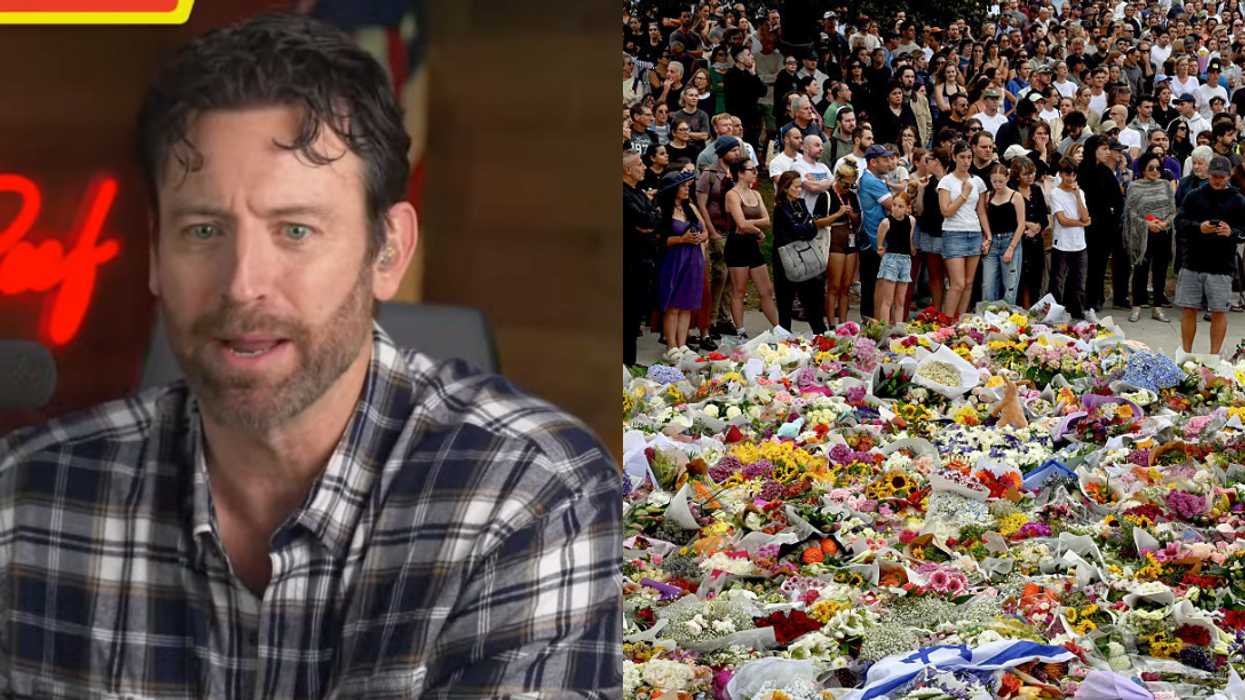
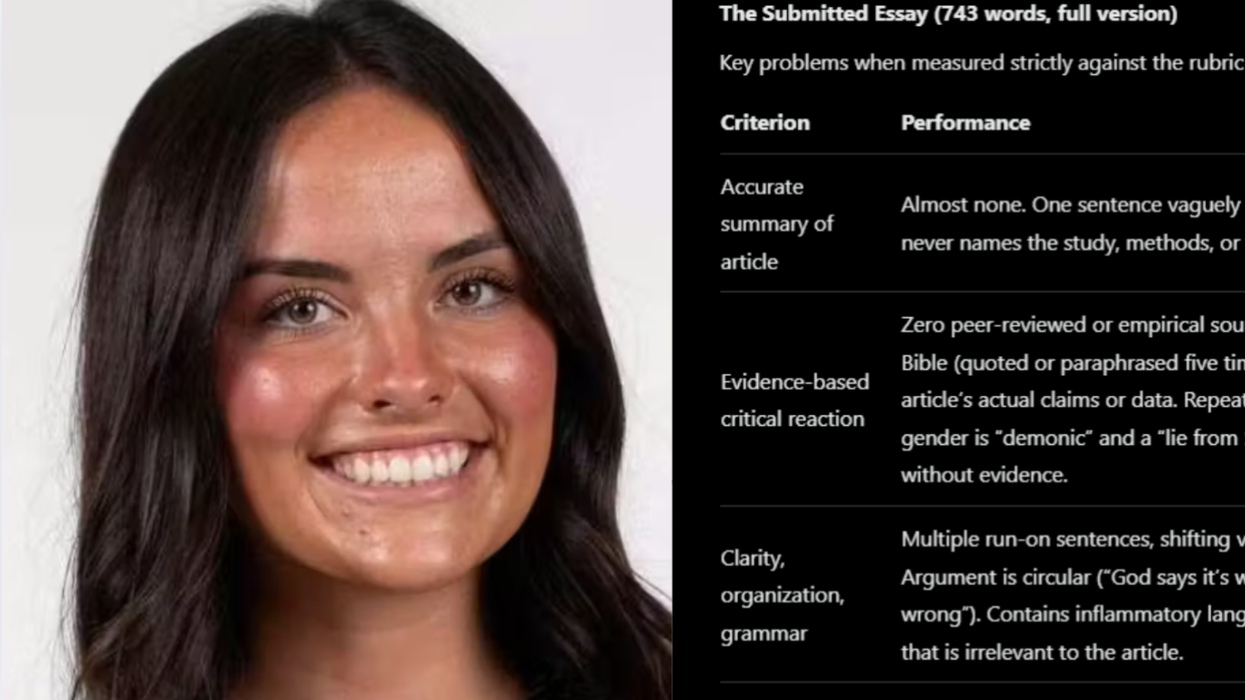
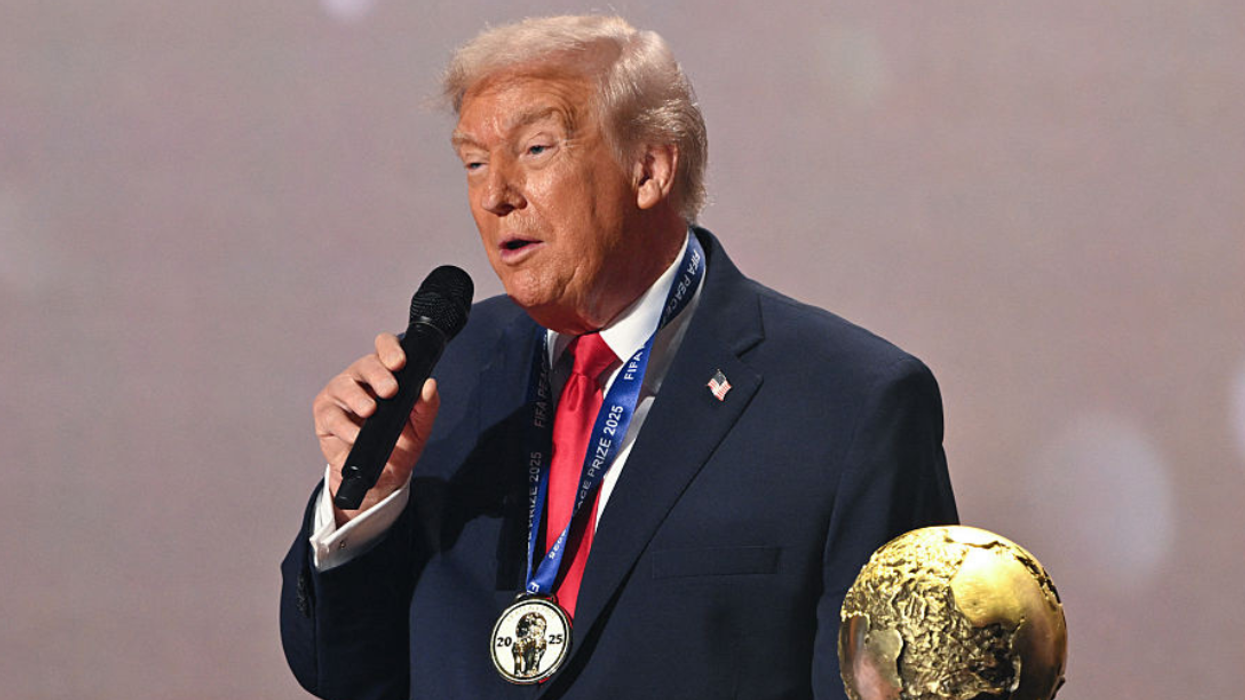
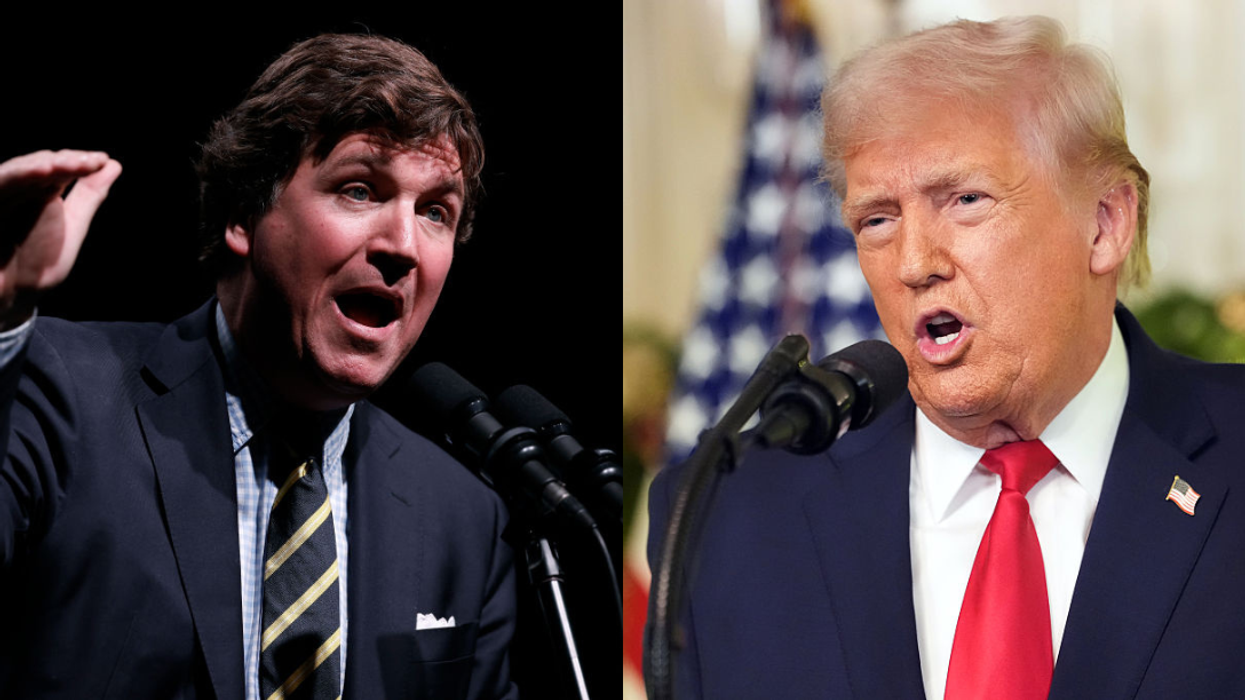
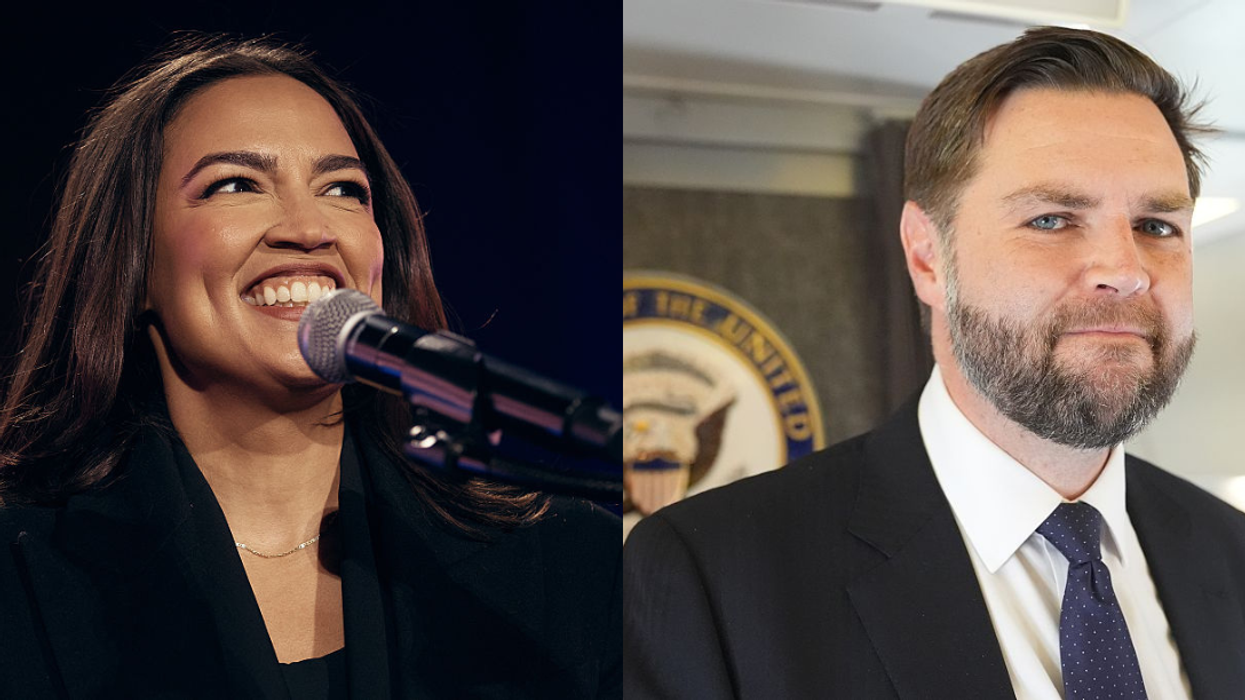
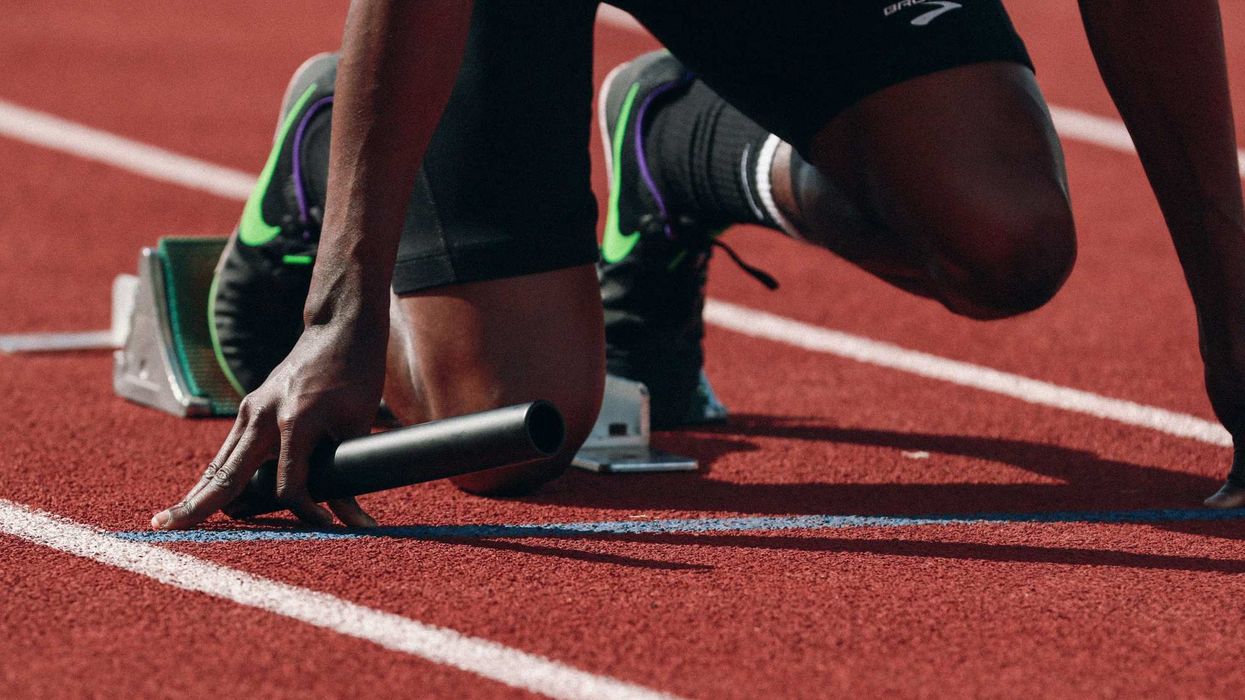

 Playing Happy Children GIF by MOODMAN
Playing Happy Children GIF by MOODMAN  May The Fourth Be With You
May The Fourth Be With You 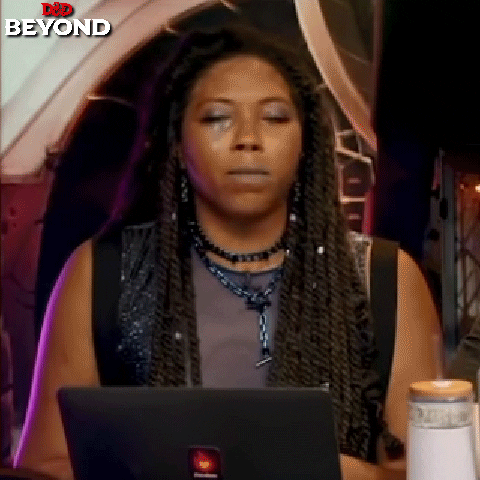
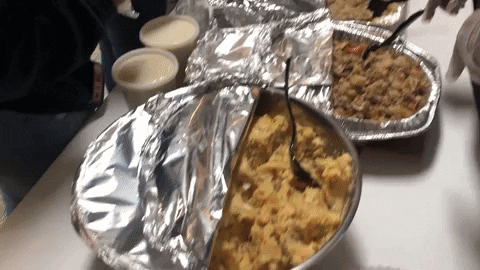 Nhh GIF by New Harmony High School
Nhh GIF by New Harmony High School